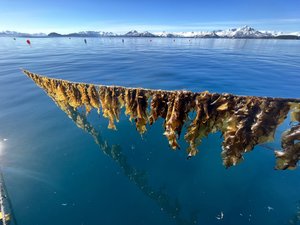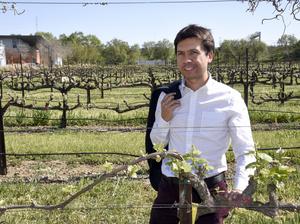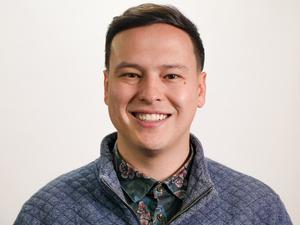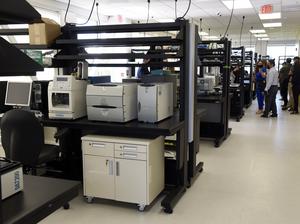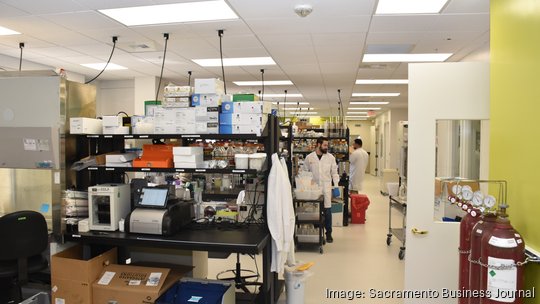
This story is part of a series of articles focused on the business of agriculture.
A key challenge of getting cutting-edge science from the university research lab to the marketplace is finding well-stocked labs where startup companies can work off campus.
College labs are great, but once an entrepreneur starts building a company, they must leave campus.
"Science is only half of the battle to starting a company. They need the facilities," said Amanda Portier, program director for AgStart, the nonprofit that operates The Lab@AgStart in downtown Woodland.
The University of California Davis is a top global university for food and agricultural research, but "where do you go after that?" she asks.
In the Sacramento region, which is awash in food science, ag-science and health science researchers, three little labs provide a pathway for businesses to launch while doing their science.
The oldest is the UC Davis-HM.Clause Life Science Innovation Center south of Davis, which offers limited lab bench space, and which has access to neighboring greenhouse space.
A little larger, Inventopia in Davis is a shared engineering and life science incubator. It has 26 benches in 2,000 square feet of wet lab space.
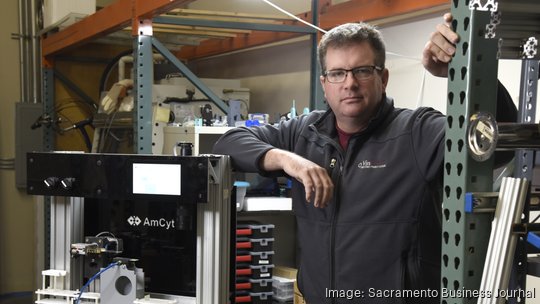
Wet labs — equipped for testing and analysis of chemicals and biological matter — are necessary for life sciences, medical, pharma and agricultural research and experiments.
"Some companies take four to six benches," said Tim Keller, Inventopia's founder. His wet lab is currently full with 11 companies. "If I had four times the space, I could fill it in months. I've been turning people away."
The newest and largest space for startup science companies to prove their mettle is The Lab@AgStart. It opened in 2021 in 5,000 square feet and then added 8,000 square feet of space last year. It now has 52 benches plus a tissue culture lab and a fermentation lab.
Local interests, partners, governments and sponsors contributed the more than $2.5 million to open, outfit and then expand Lab@AgStart.
Once open, the lab is designed to be self-sustaining, but the hurdle — as it is for startups — is committing to the space long term and buying all the equipment.
The Lab@AgStart is not meant to be a permanent home for these companies, said John Selep, co-founder and chairman of the AgTech Innovation Alliance, which operates AgStart.
Rather it is meant to be a springboard to help the companies refine their research and work so that they are in a position later to get their own space, hopefully somewhere in the region.
"We want them to graduate and then move out. Then another startup can move in," Selep said.
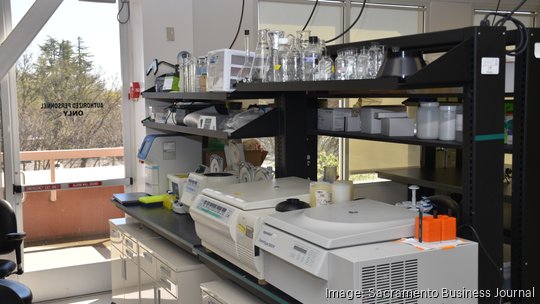
"The Lab@AgStart is doing a great job," said Barry Broome, CEO of the Greater Sacramento Economic Council, which seeks to attract employers to the region.
The efforts of the incubators support one of the region's strengths, which is a deep talent pool of world-class scientists in microbiology, life sciences, medical, agriculture and genetics, he said.
Even well-funded startups don't have the money to commit to a minimum three years commercial lease, Keller said. And then they would need to buy all the equipment to outfit it.
The shared-space model lets companies concentrate on their business and lab work without having to commit all the money to real estate early on.
"Either you fail quick, or you succeed, and then you can scale up," Keller said.
The incubators have been sending companies into the local real estate market. Several of Inventopia's companies have expanded to their own space, including lab-grown chocolate company California Cultured.
BCD Bioscience, a biotechnology company founded by professors at UC Davis, started out at Lab@Agstart several years ago before announcing last summer that it would move to its own 9,0000-square-foot office space in Sacramento. Kelp technology company Macro Oceans had lab space in Woodland before it too moved into its own offices in West Sacramento. Recently, Lab@AgStart occupant MyFloraDNA announced it will be taking space in Sacramento.
"This is what we want. We want them to have the space to prove their concept or just to get started, but then we want them to go out on their own," Selep said.
The Lab@AgStart has private offices, shared spaces, rentable lab benches, three reservable meeting spaces and three open meeting spaces.
More importantly, it also has shared equipment that would be difficult for startups to otherwise get access to, such as autoclaves, storage, cryogenic storage, centrifuges, precision balances and multiple chemical and biological safety cabinets.
The shared lab spaces are great places for new companies to start, but then the region needs to have places ready for them to expand, Broome said,
There are local proposals for that more mature space. Just up the road from Davis, the Woodland Research Park is a proposed 351-acre project with 2 million square feet of office space and about 1,600 homes.
In West Sacramento, a partnership by Sacramento's Fulcrum and Alameda's Blue Rise Ventures is beginning to market space for a pair of proposed advanced manufacturing development projects. The first is BioSpace, which would include a first phase of 430,000 square feet in the form of two multistory buildings in the Bridge District. The second is The Port, which would be more than 1 million square feet of space on 60 acres on the northwest corner of Lake Washington Boulevard and Southport Parkway.

